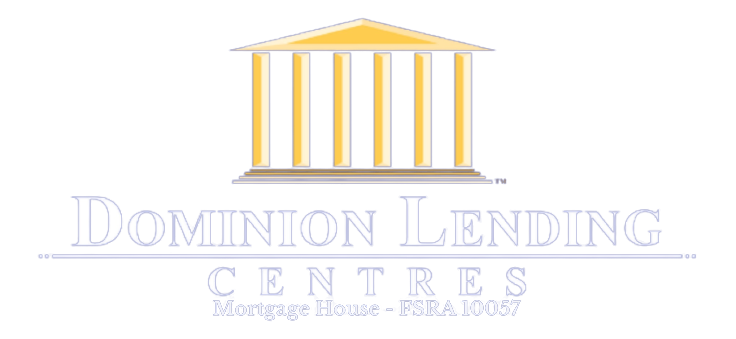Nothing can be more gratifying than being able to run your own business and keep all the earnings to yourself. You don’t have to worry about salaries or personnel. Your work revolves around you and your ideas without anyone breathing down your neck. There is also the convenience of never running late for the office because you control your time and rushing to get things done is no longer a pitfall to avoid. Indeed, there are numerous advantages of managing your entrepreneurship, and being successful at it is just a matter of having persistence, patience, and endless possibilities to grow your business.
However, this may not always be the case most especially when you’re trying to get a home loan with bad credit. As confident as you are in building a successful business, your lenders are just as equally cautious in extending your credit. You’ll be required to produce several documents to prove your eligibility for a loan. Even if you’re able to produce all of these, you’ll still be subject to further introspection like character investigation, credit verification, financial standing, and so on to verify you like a no-risk borrower.
This article will show you a brief guide to apply for a mortgage loan with ease most especially if you’re a self-employed individual.
Self-Employment Defined
In its simplest expression, self-employment is a condition where the individual works as a freelancer instead of as hired personnel. The self-employed individual is usually the owner of the business – more often referred to as a single proprietor – and makes decisions according to what is deemed necessary for the business to move forward. There are no daily, semi-annual, or annual meetings to attend and every aspect of the proprietorship is overseen without anyone mingling in the decision-making process.
Unless working with a partner, the self-employed are always seen as the all-in-one solutions provider in their business.
Checklist for the Self-Employed
As mentioned previously, a self-employed person doesn’t always share similar conveniences that an employed individual has, more particularly in the area of the mortgage loan application. The latter has the company to provide needed documentation to simplify the loan process whereas the former has no one else to seek help to find a mortgage loan. There are mortgage advisors but their service costs money and is not a viable alternative if the self-employed individual is still starting in the business.
The following list enumerates what is needed to help the freelancer win a mortgage deal with a lender without stressing too much about it:
a. Prepare necessary paperwork – be aware that plenty of documentation is required by your lender to start processing your loan application. Give importance to your tax reports and 1099 forms since these two documents, along with others, will determine whether you’ll be granted a mortgage contract or not. Prepare these at your earliest and most convenient to avoid delays in your plan to buy your dream house.
b. Be well organized – one sign of an effective freelancer is the ability to organize things properly and keep everything in order. If you’re planning to acquire a mortgage loan, you have to show your lender your capability to manage yourself most especially in terms of finances. It is highly suggested that you hire a consultant or a documents preparer to assist you in accomplishing required paperwork like credit reports, bank statements, and the like. The earlier you get these requisites done, the faster your mortgage contract is expedited.
c. Maximize credit scores – your lender will become extremely cautious if your credit score is in the red. You have to make sure your credit standing is outstanding and all of your debts are settled on time. Your lender will check how responsible you are in meeting financial obligations; hence, you have to prove your trustworthiness by providing credit reports supporting your creditworthiness. Likewise, maintain your credit balances below 15% of your credit limit. Do this and you just might find low credit mortgage lenders to help you out.
d. Consider compensating factors to reduce risk – it is equally important to know a few key points to help in reducing your risk. Some of these are having a high income, settling a large down payment, owning adequate cash reserves, and the like. It is highly suggested you apply for a mortgage loan after a year of business operation to give your lender a clear picture of how you are doing financially and economically.
Final Thoughts
Getting a mortgage loan is not easy for a self-employed individual. You have to provide all the documents needed to expedite your loan request. Having a professional mortgage advisor assist you is feasible but costly. Prepare all your documents beforehand and make sure your credit scores are in check. Request for your credit reports from any credit bureau nearby and provide your lender with a copy for verification.
We are your best mortgage solutions provider in Canada founded by Faizal Garasia in 2019. We have a network of more than 90 lenders including the largest banks, credit unions, trust firms, and financial institutions across Canada.
Contact us at (416) 825 0142 or send an email to faizal.garasia@dominionlending.ca today for more information.




